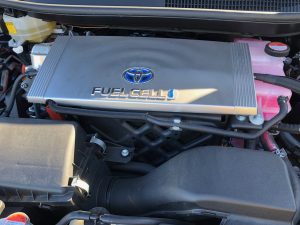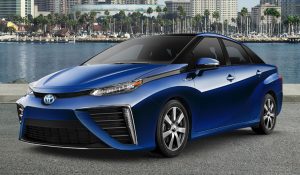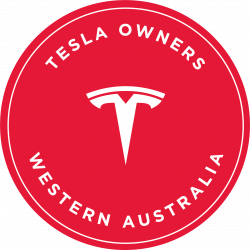I’ll get straight to point on my personal view, using Hydrogen in heavy industry has good potential, replacing inefficient and heavily polluting fossil fuels with an energy storage medium that can be made from renewable energy is a step in the right direction. The problem is the large and ever increasing finances being used to market the “Hydrogen economy” is seemingly aimed at promoting Hydrogen fuel for road transport, specifically passenger vehicles.

When internal combustion engines were the only transport drivetrain possible the message was HFCVs have potential but they’re still at least 10 years away, this message has now turned to why buy a Battery Electric Vehicle (BEV) when the better HFCV has almost arrived. Let me be perfectly clear, competitive Hydrogen Fuel Cell Vehicles were 10 years away in 1980, they were 10 years away in the year 2000 and now in 2020 they are still 10 years away.

If HFCVs are apparently better than BEVs what advantages do they have? Basically in two areas and they’re both debatable, potential 5 minute refills and 600kms per tank is only an advantage in country areas for drivers with large bladders, around the city and suburbs where the average car travels 40kms per day it will not improve the driving experience.
So what are the disadvantages compared to a pure Battery Electric Vehicle? Without making this a long technical article I’ll just point out a few of many: HFCVs have far less performance, less interior room; they can’t be refilled at home as can be done with BEVs; they have more serviceable parts that add to the running and production costs; but most significantly the refueling cost per kilometre driven is multiple times more expensive than a BEV. The last is due to two clear reasons: one is the need to purchase fuel from a centralized energy system and two is the enormously inefficient process of producing and transporting Hydrogen fit for a vehicle, currently it requires 3 times the overall energy to move a HFCV the same distance as BEV. Regardless of the initial power source it would require 3 times the Solar farms, 3 times the Wind turbines or most significantly 3 times the Natural Gas to move a large fleet of Hydrogen vehicles the same distance as a fleet of Battery Electric Vehicles, that’s a massive waste of resources and a massive waste of money, money that will be extracted from the wallets of drivers gullible enough to fall for the Hydrogen Fuel Cell Vehicle sales pitch.


The research I have done into this topic indicates that as an energy ecosystem, hydrogen is horrifically inefficient compared to electric vehicles. A large part of the inefficiency results from the fact that the only way to produce zero carbon hydrogen is from renewable powered electrolysis which consumes a ridiculous amount of electrical energy compared to putting that electrical energy into an EV. If you produce hydrogen from natural gas, the emissions per kilometre travelled is potentially worse than petrol cars.
Hi David
Thank you for the reply, your thoughts on Hydrogen efficiency are shared by many who have a keen interest in the area of future energy and transportation.
Rob.